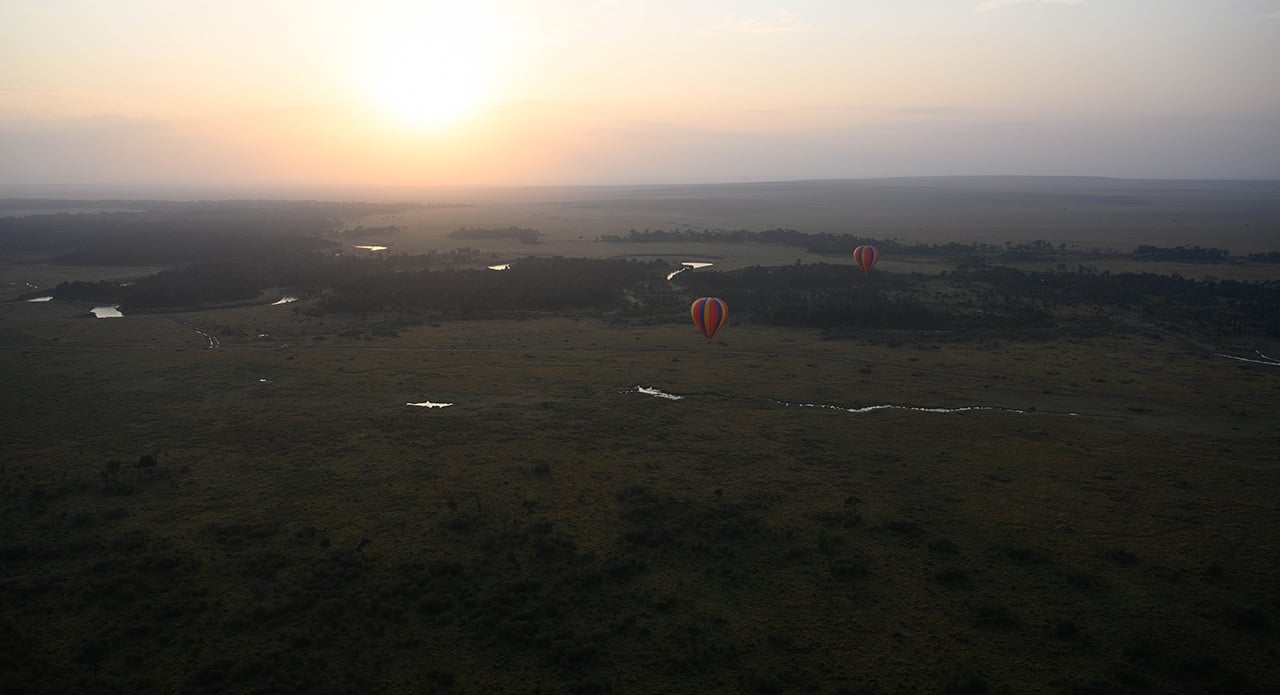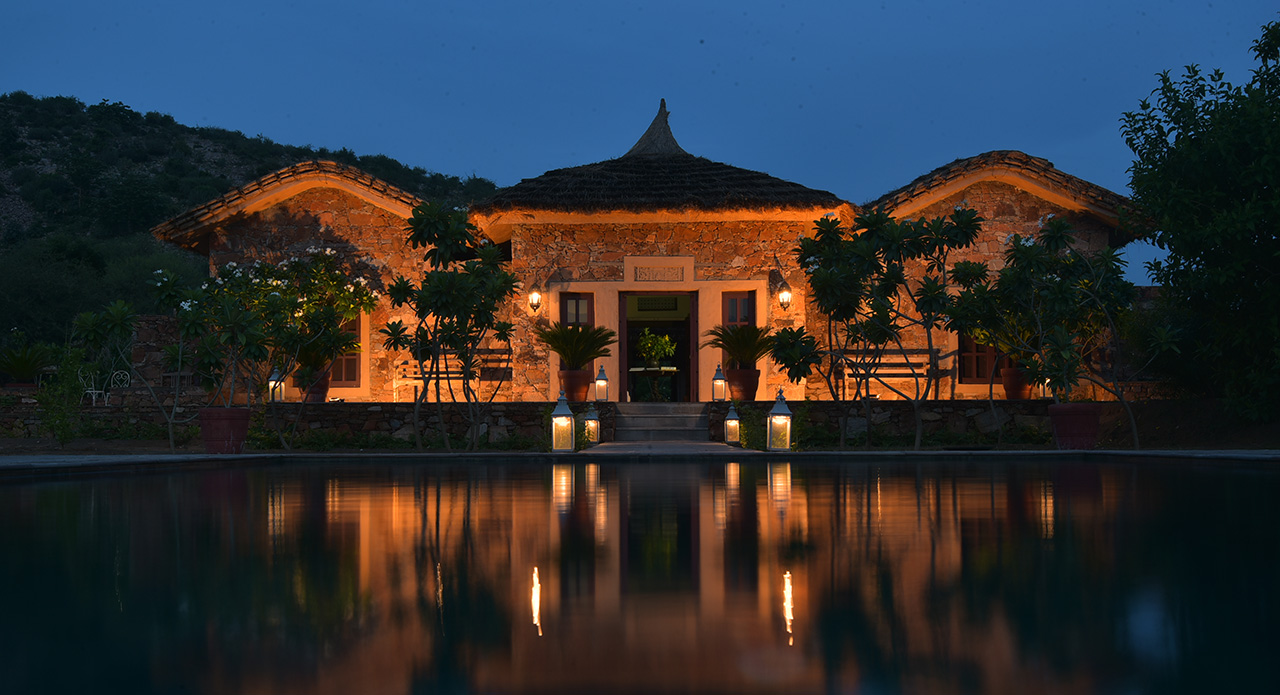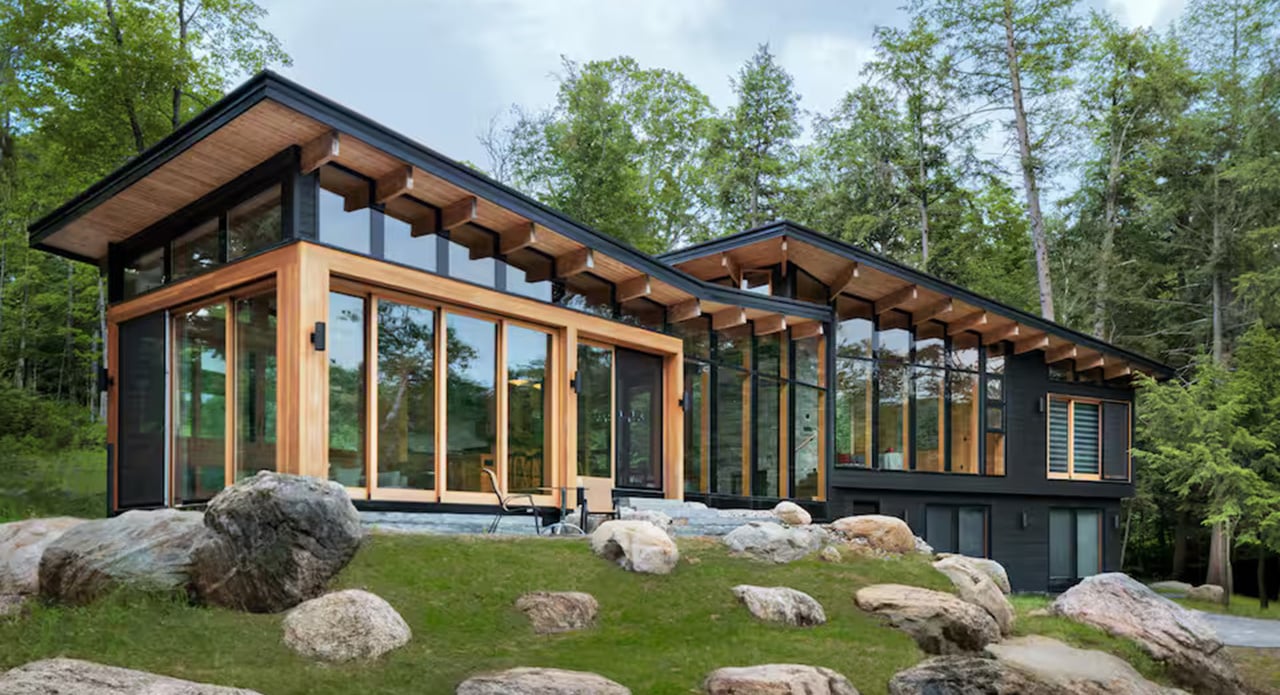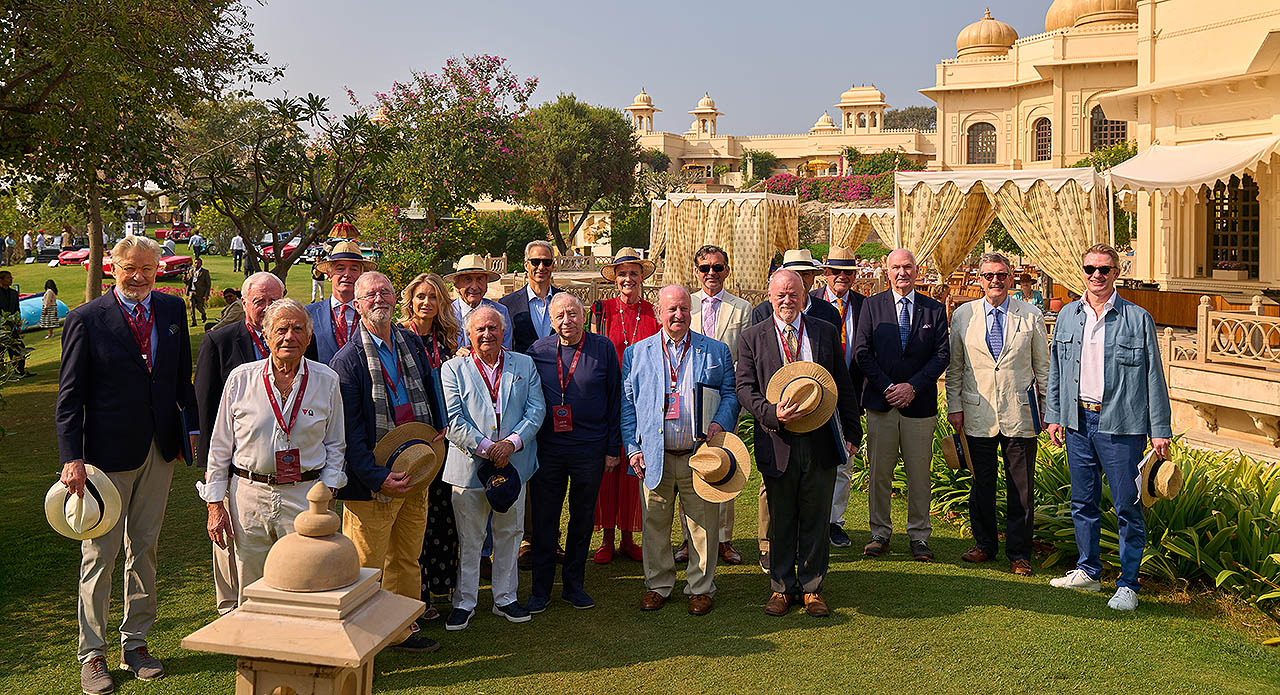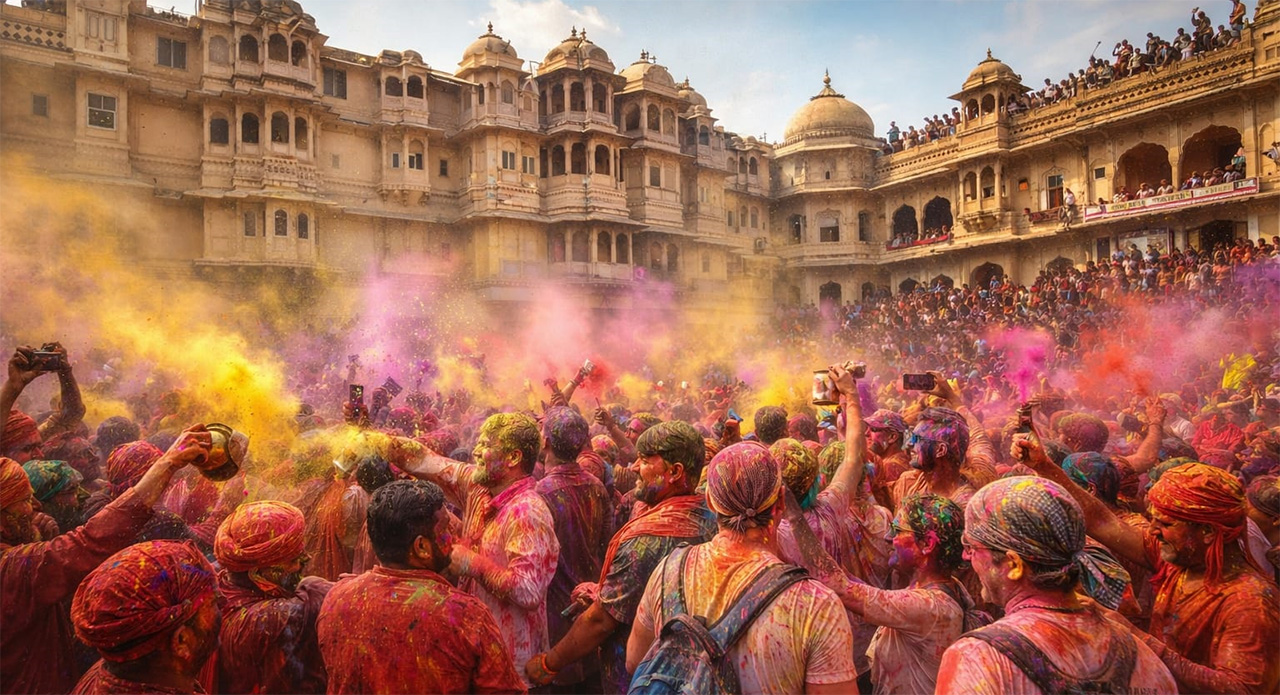When you hear the word luxury, what comes to mind? Presidential suites with marble bathrooms gleaming under crystal chandeliers, infinity pools that dissolve into distant horizons, vintage wines from celebrated châteaux, or a private jet waiting on a distant runway. For decades, luxury has been shorthand for opulence, exclusivity and indulgence, a glittering badge of status rather than a meaningful measure of experience.
But what if true luxury could be measured not by excess, but by depth, connection and the profound satisfaction of an authentic encounter?
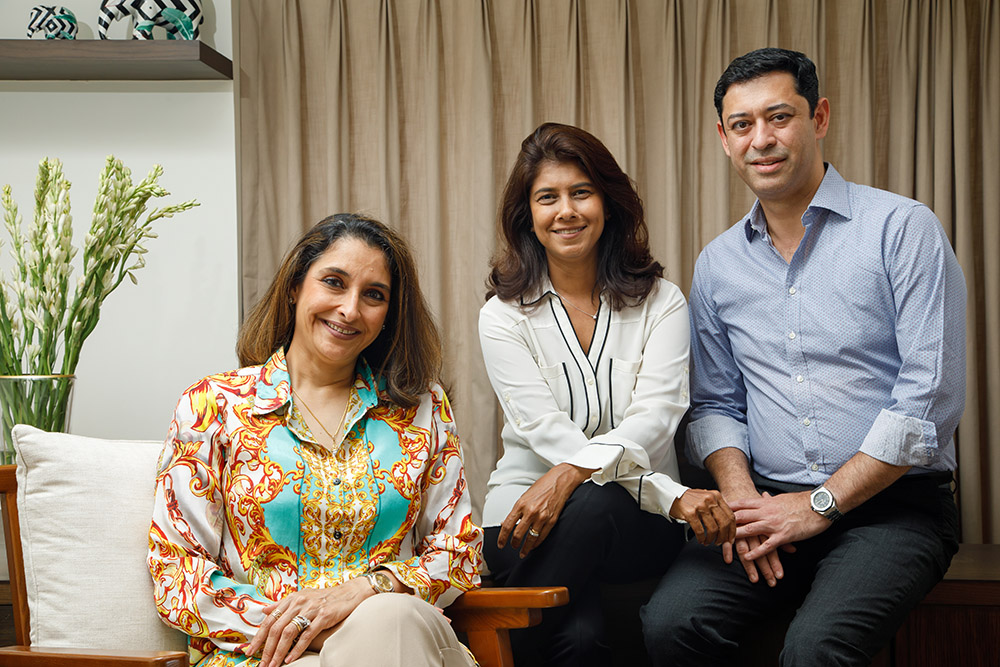
In the early morning light at Kanha Tiger Reserve, three friends found their answer. Karen Mulla, Karl Vazifdar and Mallika Sheth stood still as alarm calls pierced the dawn silence. Somewhere in the dappled shadows, a tiger was moving. The forest seemed to breathe around them, moments of heart-racing excitement giving way to stillness, the only sounds the rustle of leaves and the distant call of a peacock echoing across the canopy.
That moment became the seed of TravelK, their Mumbai-based travel company. The trio had become devoted followers of India’s forests and Africa’s vast savannahs, each safari revealing new layers of wonder. They watched leopards pause on rocky outcrops at sunset and sat in silence as elephants crossed riverbeds. As Karl recalls, “It made us realise we weren’t alone in craving something deeper than just another five-star view.”
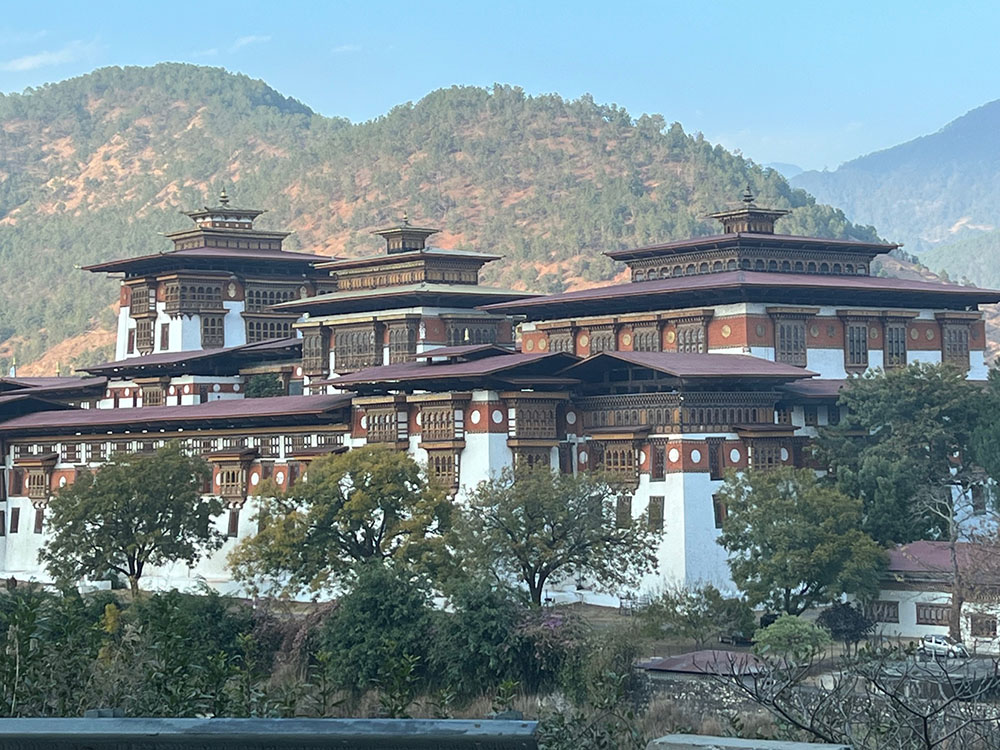
Redefining Premium Travel
Today, TravelK crafts bespoke itineraries that respond to each traveller’s personality and passions. In their Mumbai office, the walls are lined with photographs from remote corners of India and beyond, each image a story of discovery.
For Mallika, the company’s philosophy marks a shift in how people understand indulgence. “Luxury,” she says, “has moved beyond excess. It is about being authentic.”
This belief shapes everything they do. For them, authentic luxury means travel that is real and rooted: walking wherever possible, eating local food and engaging with the community. Instead of air-conditioned vehicles, they prefer walking tours through narrow bazaar lanes scented with cardamom and turmeric. Instead of hotel buffets, they organise meals in family kitchens where grandmothers share recipes passed down through generations.
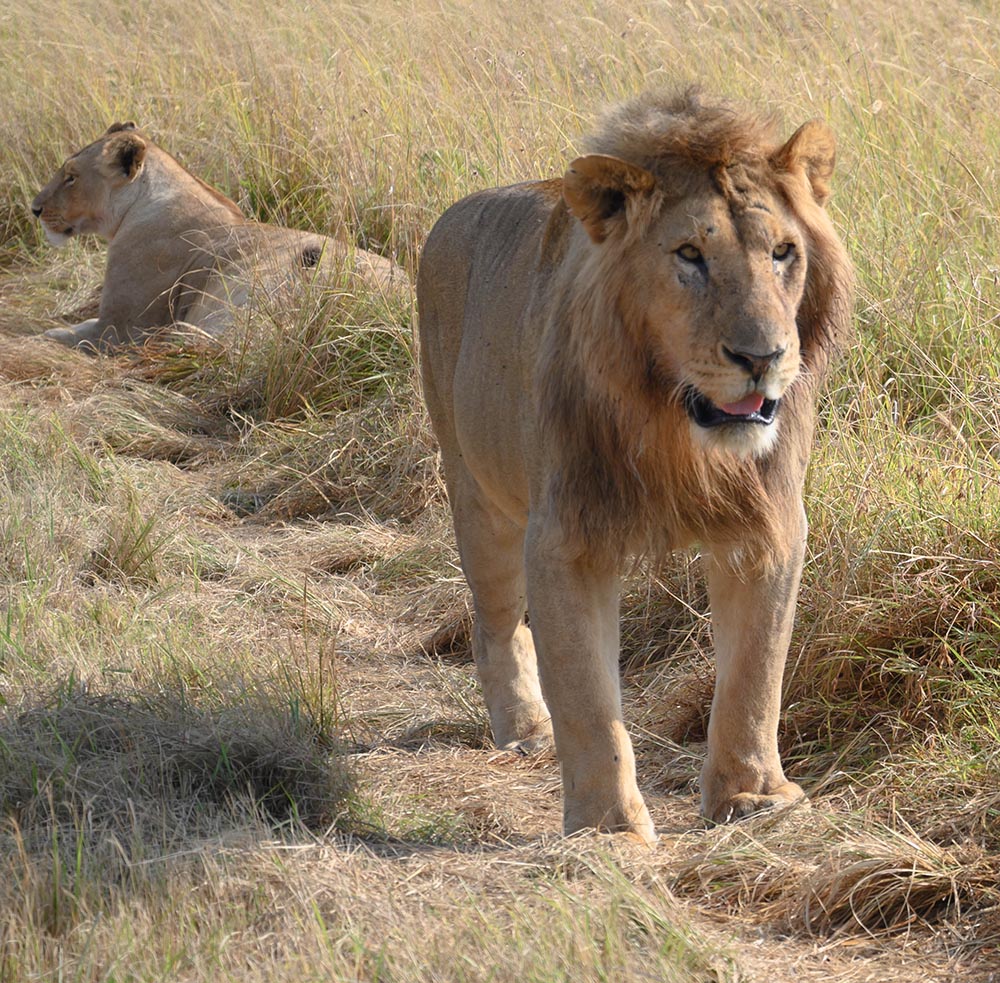
Their approach balances comfort with conscience, combining elegance with ethics. Encounters are not staged performances but genuine moments, perhaps an afternoon tea with a master craftsman surrounded by half-finished works that speak of centuries-old traditions. Their form of luxury has exclusivity without excess, connection without detachment.
When safaris were halted during the pandemic, the silence in the forests was profound. “It gave us time to rethink,” Karen recalls. They reached out to small lodges, helping them reimagine experiences for a post-pandemic world. Over time, TravelK expanded into outbound journeys, but its foundation remains the same: authenticity, luxury and responsible partnerships guided by their philosophy of Conservation Through Travel.
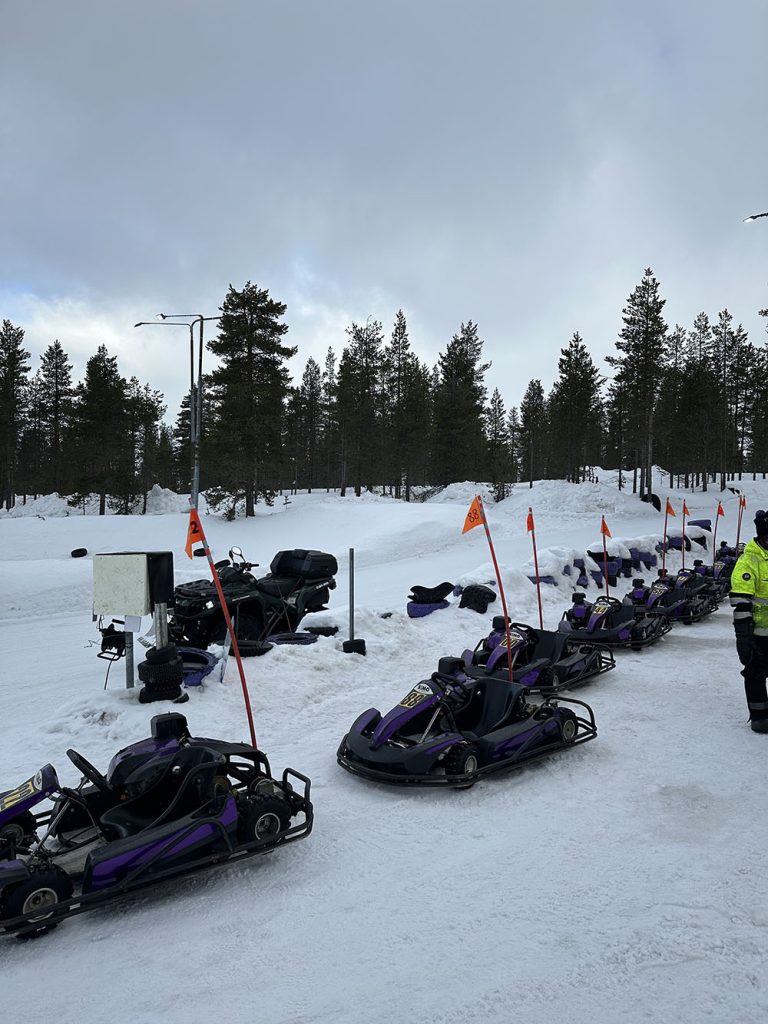
Where Local Meets Luxurious
In practice, this philosophy begins with their partners. “Sustainability in India is not being led by the big hotel chains,” Karl explains. “It is the smaller boutique hotels that are really driving change.” Unlike international brands that replicate a familiar comfort everywhere, boutique lodges reflect their surroundings, hire locally, source food nearby and design spaces that honour local traditions.
Walk through a TravelK-recommended lodge in Ranthambore and you will feel the difference. Local stone and crafts shape the architecture; dinner features Rajasthani dishes made from seasonal ingredients; and guides from neighbouring villages share their deep knowledge of the forest. The contrast is clear when compared with chain hotels that could be anywhere, polished to perfection yet detached from place.
Travel to Shillong with TravelK and the experience transforms again. A boutique hotel might celebrate Khasi food, feature bamboo and cane crafts in its décor and support local musicians and storytellers. “Those details,” Karen says, “are not decoration. They are what make a stay truly luxurious.”
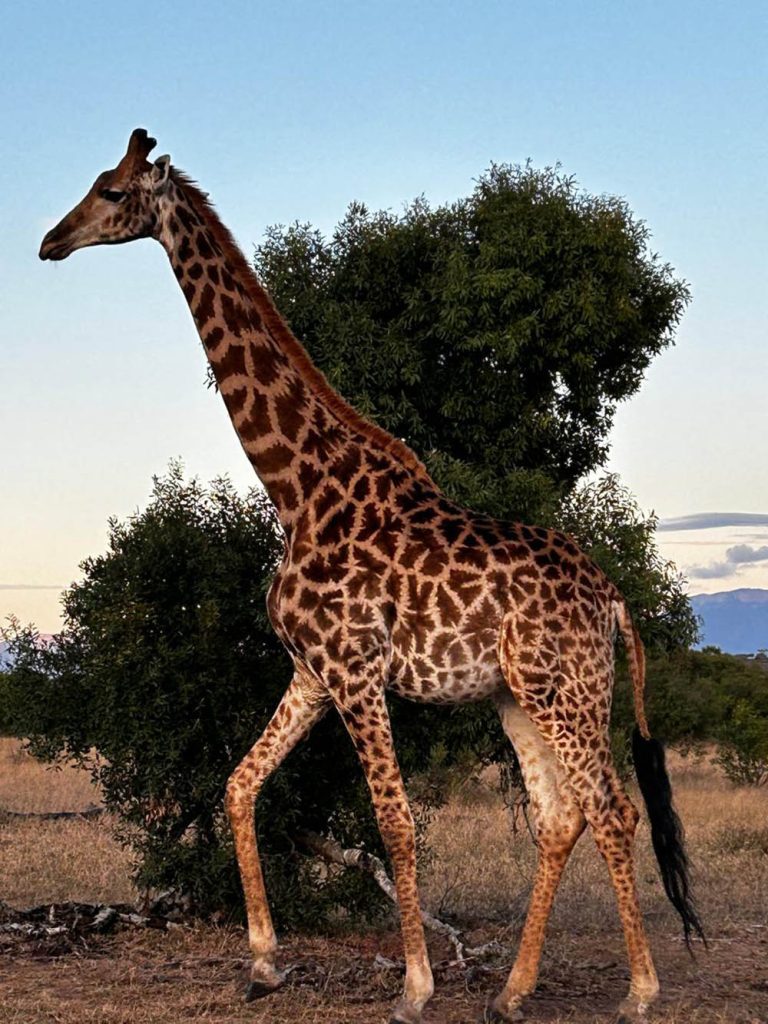
This attention to detail also reveals a wider challenge in Indian tourism. “India has everything,” Mallika notes, “but we are still communicating only a small part of it.” Wildlife tourism, growing at around 15 per cent annually according to Conservation India, is boosting local economies, yet international travellers rarely associate India with ethical or luxury travel.
TravelK hopes to change that by showing that responsible, immersive travel can also be aspirational. India’s style of luxury, they argue, does not need to imitate Dubai or Paris. What is missing, Mallika adds, “is a stronger institutional push, a body that champions India’s best tourism stories.”
The true difference, they believe, lies in experiences that cannot be replicated elsewhere: a boutique stay in the Northeast that immerses you in Khasi culture, a meal in a centuries-old Rajasthani haveli or a weaving workshop in Odisha where traditions still thrive. For those willing to look deeper, India’s luxury is both ethical and unforgettable.
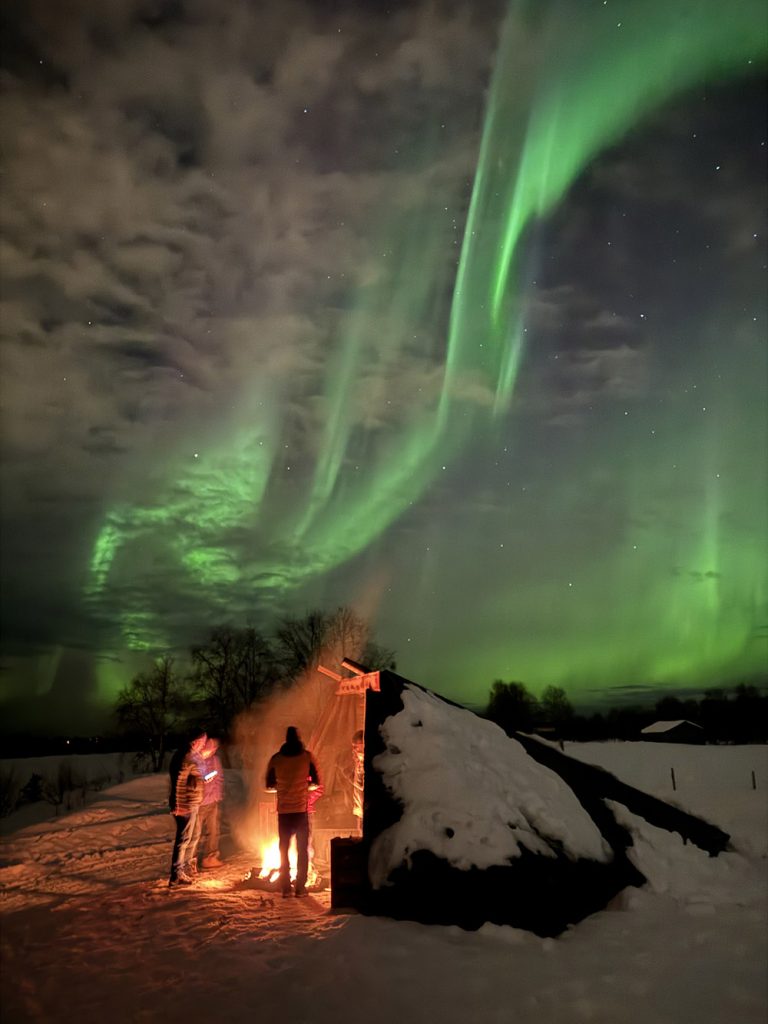
The Art of Perfect Timing
Creating meaningful travel, the founders insist, is not only about choosing the right place but also the right moment. “Crowds are the enemy of meaning,” Mallika says with a smile. “Go when you can, but when no one else is there.”
TravelK itineraries often avoid the expected: a fort outside festival season, a coastal town before the holiday rush, a forest trail while it is still green and quiet. By shifting the calendar and taking the backroads, they turn sightseeing into exploration. The result is luxury redefined, not by thread counts or champagne lists, but by the rare gift of solitude: a peaceful courtyard, an empty beach, a conversation uninterrupted.
Inside TravelK’s Mumbai office, planning sessions feel more like conversations than consultations. Each itinerary begins not with where a traveller wants to go, but how they want to feel when they arrive. “Indulgence can still exist,” Karl reflects, “but now it means being different, being rooted and making an impact.”
From that philosophy emerges a new map of luxury, one drawn not with opulence but with intention. For TravelK, this is not an idea but a practice, a guiding principle behind every journey they design and every traveller they inspire towards a deeper connection with the remarkable world around them.
